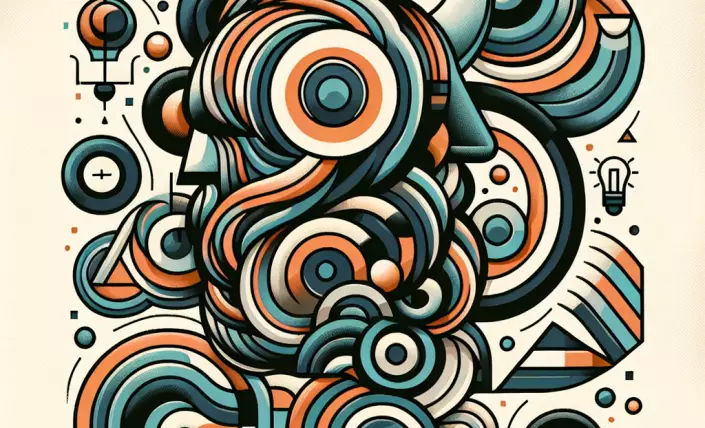In a world increasingly obsessed with order and predictability, the notion of uncertainty often evokes anxiety. Yet, it is precisely this unpredictability that Friedrich Hayek, the Austrian-British economist and philosopher, champions as a fundamental driver of freedom and progress. At first glance, this may seem paradoxical. How can a lack of control and certainty contribute to the development of a free society? The answer lies in Hayek's critique of centralized planning and his advocacy for spontaneous order, concepts that resonate deeply with the philosophical underpinnings of liberty.
Hayek's most profound insight is the appreciation of the limits of human knowledge. According to him, no single individual or planning body can possess the requisite information to orchestrate society effectively. This is not merely a political observation but a philosophical stance on epistemology—the theory of knowledge. Hayek posits that knowledge is dispersed among individuals, each holding unique fragments of information and insight. The aggregation of these disparate pieces through voluntary interactions and market mechanisms leads to what he terms 'spontaneous order.' This emergent order is not planned, nor can it be predicted with certainty, yet it functions more efficiently than any consciously designed system.
Reflecting on Hayek's ideas invites us to reconsider our own lives' structures and the extent to which we seek control. In our personal endeavors, the ambition to predict and plan every aspect can stifle the very creativity and adaptability that are essential for genuine growth. Embracing uncertainty, as Hayek suggests, is not about surrendering to chaos but rather about acknowledging the limitations of our foresight. It encourages us to engage with the world with humility and openness, allowing for the possibility of unforeseen opportunities and innovations. In this way, the philosophical insights of Hayek extend beyond economics and politics, offering wisdom for navigating the complexities of contemporary life. As we grapple with the illusion of control, we may find that freedom and progress thrive most robustly not in the sterile corridors of certainty but in the fertile fields of unpredictability.










